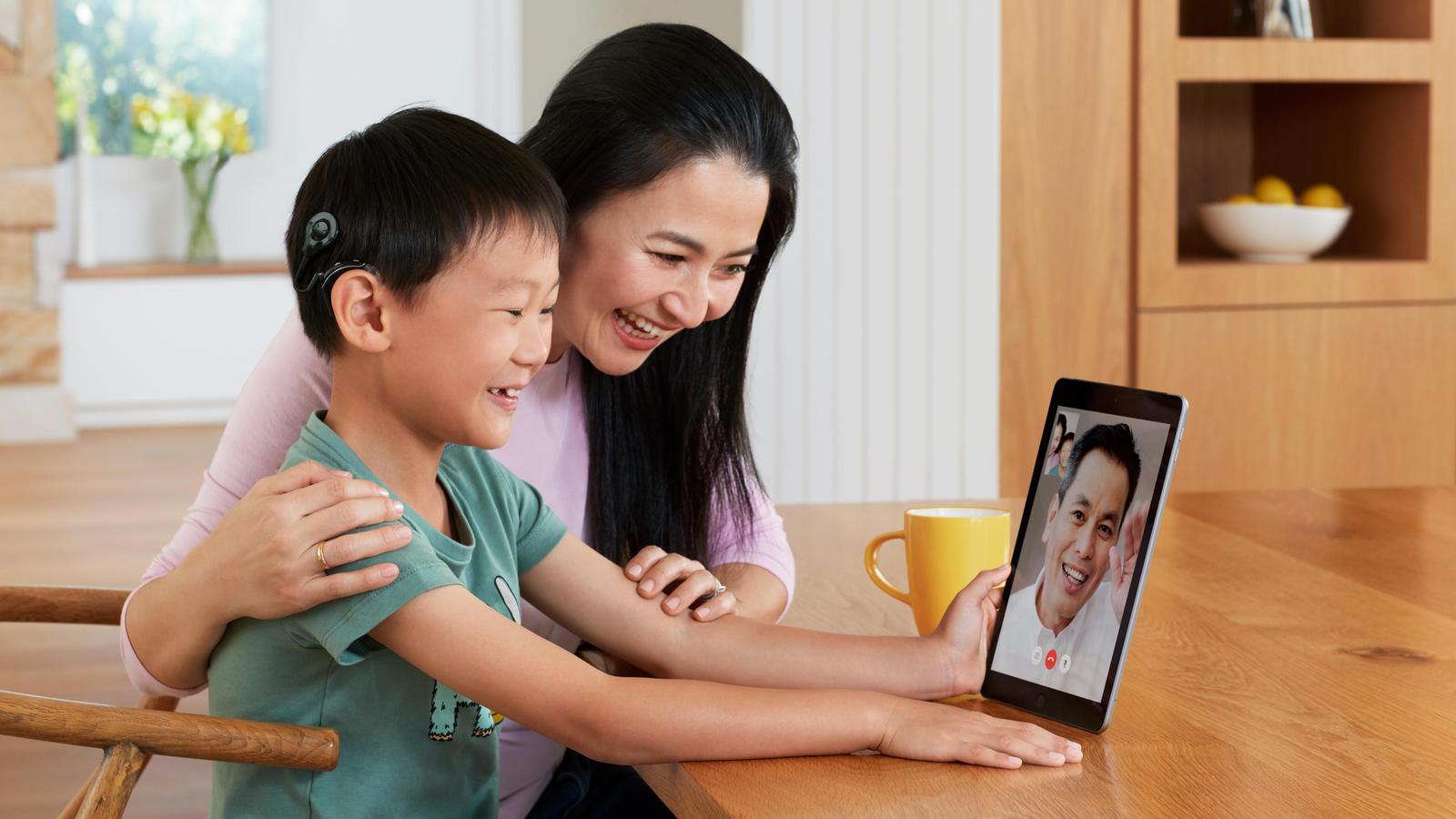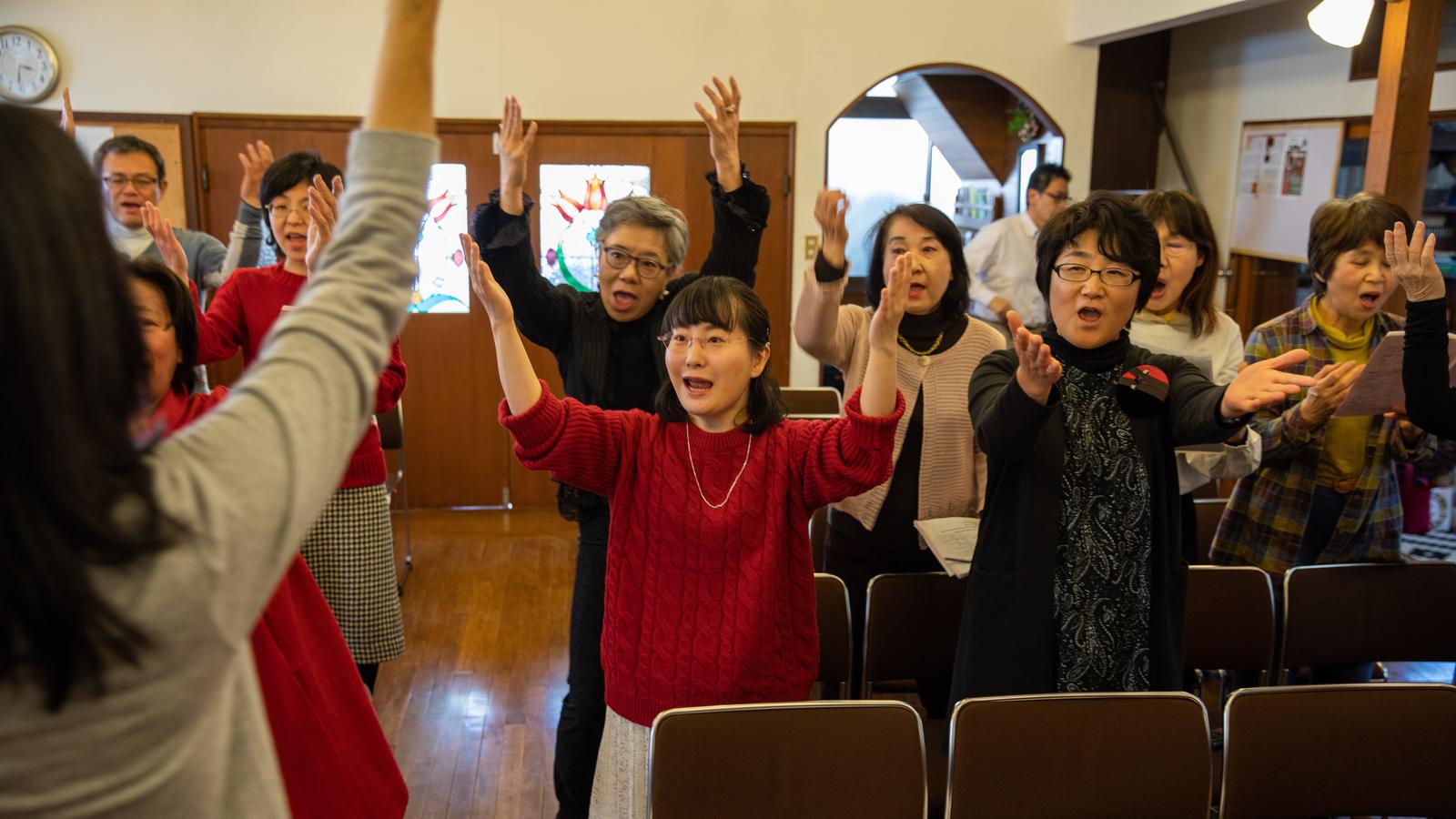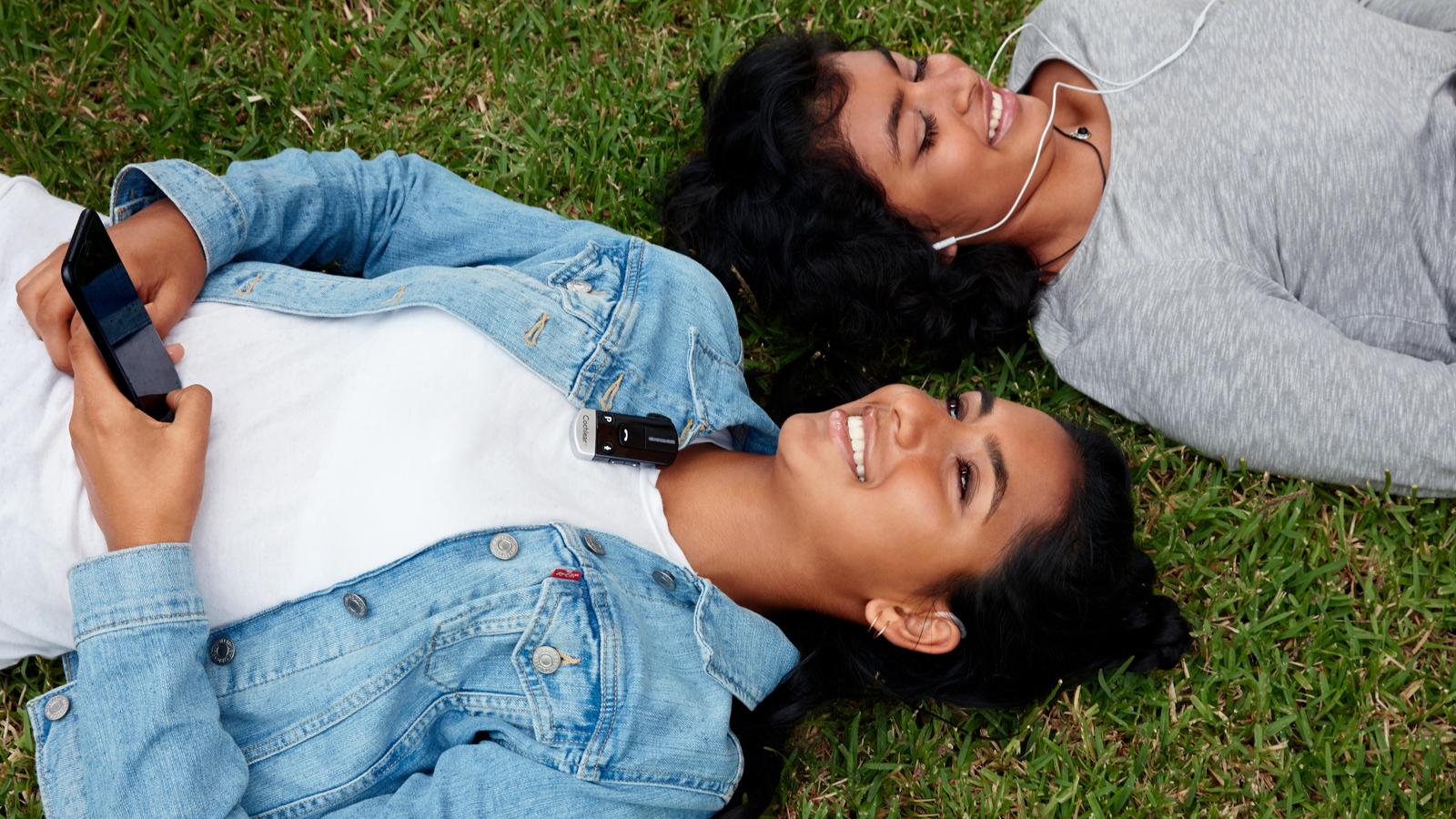Nucleus® Implant reliability
With a cochlear implant, you want to choose a hearing solution for today and for the future. That’s why reliability is so important.

What you'll find on this page
- Why people choose Cochlear
- Why reliability is important, and how we report it
- The story of Cochlear’s first commercial child recipient, Holly Taylor, who’s relied on her implant for more than 30 years
- A downloadable copy of our latest Reliability Report
Choosing a cochlear implant is an important and often long-lasting decision. Be it for an adult or a child, individuals want to feel assured that they're choosing the right hearing solution for now, and the future.
With more than 550,000 registered Cochlear Nucleus Implants worldwide1,*, more people rely on Cochlear than on any other hearing implant manufacturer.
Why people choose Cochlear
There are many factors individuals consider when choosing which hearing implant manufacturer to place their trust in. These include hearing performance, comfort, ongoing care and access to advancements in technology. Long term reliability of both implant and sound processor may be one of the most important factors to consider.
Transparency in reliability reporting
Our dedication to quality and transparency in reliability reporting is important to us. We meet and report against independent global standards for implant reliability, publishing data of every implant generation - past and present.1-5
Cochlear was the first hearing implant manufacturer to satisfy the reliability reporting requirements of industry-recognised standards. Our latest reliability report, with a full explanation of the way in which reliability is measured and calculated, can be downloaded.
We believe that access to reliability data is important because it can help patients and their hearing health professional make informed decisions. We value transparency and want to ensure patients have all the information when considering a cochlear implant. If individuals have any questions or need assistance in interpreting reliability data, it is recommended to contact us and their hearing health professional to assist them through the process.
Reliable over the long term**
Cochlear Nucleus Implants continue to deliver high levels of reliability over time, with our Nucleus CI24RE Implant delivering 98.95% CSP^ within 19 years.
And our latest generation implant, the Cochlear Profile Plus Series, has a proven track record in reliability, with 99.82% CSP within five years.
Proven reliability for children
Cochlear’s hearing solutions have helped children around the world hear for almost 40 years. With the right solution, children with hearing loss are able to enjoy a life full of sounds, speech, laughter and music. Even children born profoundly deaf may be able to confidently learn at a mainstream school, engage in all kinds of activities, dance along to their favourite songs and hear you say ‘I love you’.
Exploring the options for a child is the first step to achieving a lifetime of hearing outcomes. When parents choose Cochlear they open up a world of possibilities for their child.
Reliable sound processors
A sound processor works in conjunction with an implant to deliver sound. For this reason, Cochlear’s sounds processors meet the same rigorous standards in quality that we set for our implants.
The reliability of sound processors is measured differently to that of implants, but we apply the same transparency and consistency in reporting.
The industry-standard measure that is used to track sound processor reliability is ‘FCRR’† (Failed Component Return Rate). While more detail on that is included in our full Reliability Report, we are pleased to note that our latest Nucleus 8 Sound Processor has delivered 0.2% average failure (FCRR) over 12 months.1
Disclaimer
This material is intended for health professionals. If you are a consumer, please seek advice from your health professional about treatments for hearing loss. Outcomes may vary, and your health professional will advise you about the factors which could affect your outcome. Always read the instructions for use. Not all products are available in all countries. Please contact your local Cochlear representative for product information.
For a full list of Cochlear’s trademarks, please visit our Terms of Use page.
Views expressed are those of the individual.
* Based on manufacturers' published registered implant data.
** Based on comparable implant generations released by Cochlear, MED-EL and Advanced Bionics using each manufacturer’s first published CSP data at 7 and 15 years.
^ CSP = Cumulative Survival Percentage. CSP includes both device and accident related issues. CSP calculated as per failure categories in the European Consensus Statement. Cochlear's CSP includes failures tested and confirmed whilst in situ and induced malfunctions.
† The FCRR percentage is calculated as the total number of failed sound processors received within a month divided by the total number of the same sound processor sold between launch and the end of that month.
References
- Cochlear Limited. D2182827 Cochlear Nucleus Reliability Report Volume 22 December 2023.
- European Consensus Statement on Cochlear Implant Failures and Explantations. Otol Neurotol. 2005 Nov;26(6):1097-9.
- International Standard ISO 5841-2:2000. Implants for Surgery — Cardiac Pacemakers — Part 2: Reporting of Clinical Performance of Populations of Pulse Generators or Leads. Geneva (Switzerland): International Organization for Standardization.
- Battmer RD, Backous DD, Balkany TJ, Briggs RJ, Gantz BJ, van Hasselt A, et al. International Classification of Reliability for Implanted Cochlear Implant Receiver Stimulators. Otol Neurotol. 2010 Oct;31(8):1190-3.
- ANSI/AAMI CI86. Cochlear implant systems: Requirements for safety, functional verification,. (2017). Arlington, VA: American National Standards Institute.








